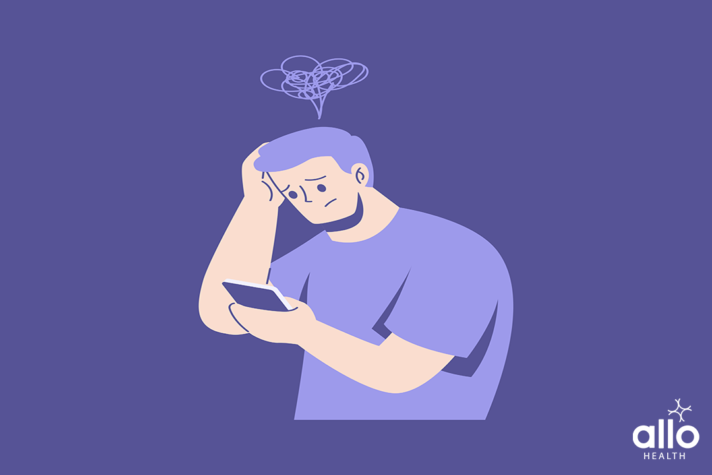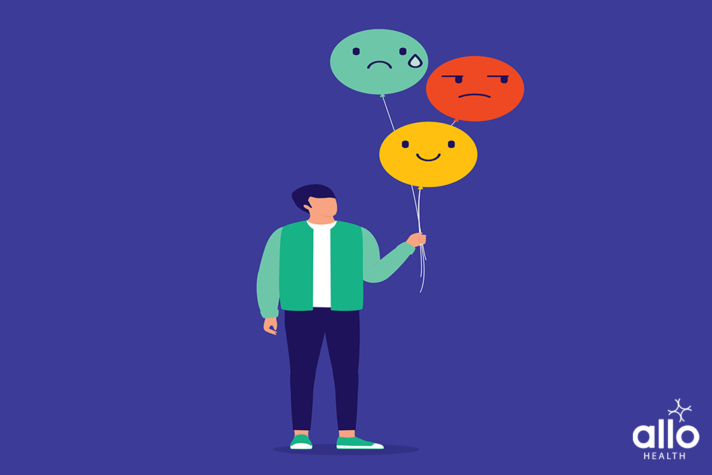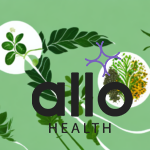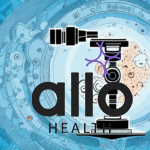The Role of Medicine in Overcoming Porn Addiction

Allo Health is dedicated to personalized well-being, offering support and trusted information tailored to individual health goals. The platform emphasizes human-generated content, led by a distinguished medical team of experts, including physicians and sexual health specialists. Their commitment to credibility involves rigorous fact-checking, authoritative research, and continuous updates to ensure accurate, up-to-date information. Allo Health's unique approach goes beyond conventional platforms, providing expert-led insights and a continuous commitment to excellence, with user feedback playing a crucial role in shaping the platform's authoritative voice.

A psychologist with clinical specialization and experience working with sub-clinical and clinical populations. Her areas of interest and expertise include anxiety-related disorders, mood disorders, psychotic disorders, addictions, sexual health and wellness, relationship issues, stress, and geriatric mental health.
Why This Was Upated?
Our experts continually monitor the health and wellness space, and we update our articles when new information became available.
Updated on 24 June, 2024
- Article was updated as part of our commitment to diversity, equity, and inclusion.

"The following blog article may discuss medical treatments and interventions. However, it is important to note that the information provided is for general educational purposes only and should not be considered as a substitute for professional medical advice, diagnosis, or treatment. Always seek the guidance of a qualified healthcare professional for personalized medical advice.
Book consultation
Medical treatments are complex and should be tailored to individual circumstances. The information presented in this blog may not be applicable to everyone, as each person's medical condition, history, and needs are unique. Only a qualified healthcare professional can evaluate your specific medical situation, consider relevant factors, and provide appropriate recommendations for diagnosis, treatment options, and monitoring.
It is crucial to note that self-diagnosis, self-medication, or relying solely on the information provided in this blog for treatment decisions can have serious health consequences. "








































